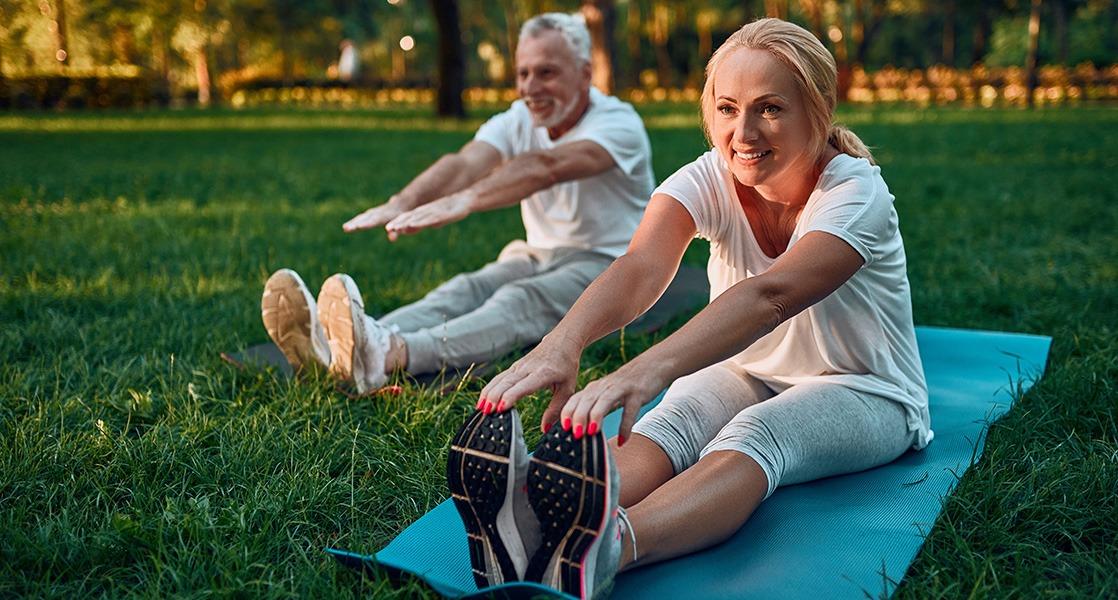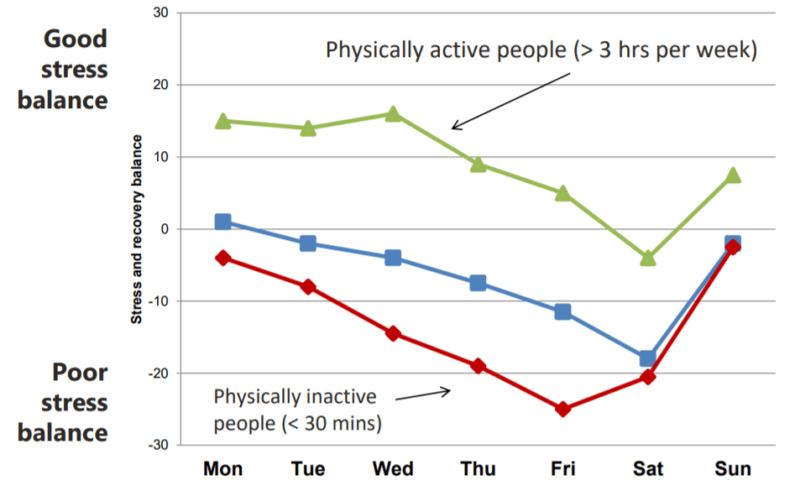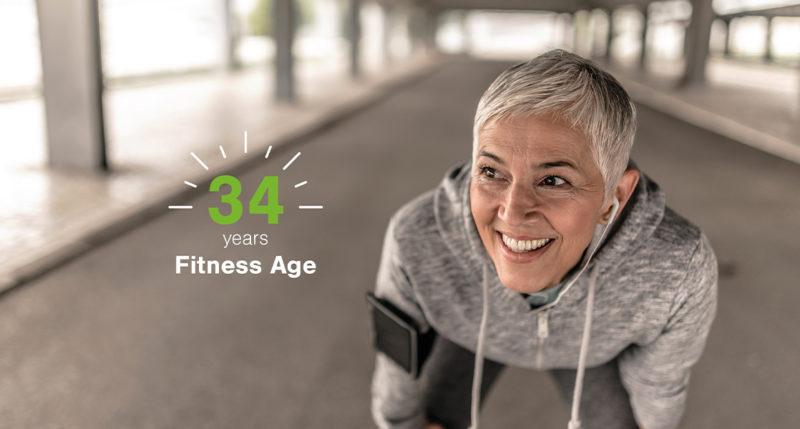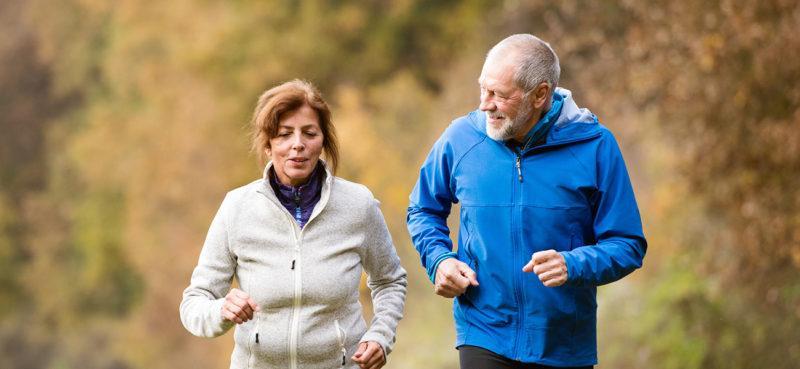
National Fitness Day was created in 2014 to encourage the UK to get active and to celebrate the benefits of physical activity. In 2019, that cause needs to be championed more than ever with the UK population 20% less active than it was in the 1960s and with one in six UK deaths reportedly related to physical inactivity and its consequences.
Those statistics are frightening but, thankfully, even just 150-minutes of moderate aerobic activity every week can put you on the right path to feeling healthier, feeling recovered, and living longer. Indeed, physical activity and improved fitness can have a positive impact on just about every area of your life. So, to celebrate National Fitness Day 2019 we’ve highlighted five of the main benefits that will hopefully inspire you to keep active throughout the year.
Supporting Mental Health
According to Public Health England, adults participating in regular physical activity see a 20-30% reduction in risk of depression, and increased exercise has also been shown to reduce stress and anxiety. That’s because physical activity releases serotonin and endorphins – chemicals that interact with your brain receptors and improve your mood. And you don’t need to be running a marathon to feel the results, either. Any cardiovascular activity that increases your heart rate will stimulate the production of these ‘mood elevator’ chemicals.

Firstbeat’s database shows that individuals who are physically active have a better balance between stress and recovery, and they are able to recover more quickly from stressful days than individuals who are not physically active.
Staying Social
The benefits of increased physical activity can be social as well as scientific. Getting up and active often means getting out and about. By taking part in organized physical activity – whether that is a yoga class, a social walking group, or a local football team – you are increasing your interactions with other people and combating the negative side effects of isolation and loneliness that can rear their head, especially among the older generation. Building these social connections and becoming part of a new community can help boost your confidence and mental health in the long run, too.
Chronic Disease Prevention
Studies have shown that even small amounts of exercise reduce the risk of chronic diseases such as type 2 diabetes, heart disease, asthma, obesity and several forms of cancer. This is thanks to the positive side effects of regular physical activity, which include strengthened heart muscles, reduced blood pressure, increased levels of ‘good cholesterol’ and the reduction of body fat by improving the body’s ability to use calories.
Exercise More, Sleep Better
Remember that 150-minute weekly guideline? Well, according to a 2011 study, people that achieved that figure saw their sleep quality improve by 65%. Meanwhile, moderate exercise actually increases the amount of slow-wave sleep that takes place. This is when you are in deep sleep and, as a result, when your body is able to recover most effectively. So, although physical activity and exercise may tire you out at the time, it can also set you up for that all-important overnight recovery. Just remember, exercising close to bedtime can actually be detrimental to recovery depending on the individual. Read how you can build physical activity into your daily routine.
Stay Stronger for Longer
The body’s natural aging process can limit your ability to enjoy everyday life activities as you get older. In fact, issues such as sore joints, back problems or diminishing strength can be part of the reason why some people turn away from physical activity in the first place. But introducing physical activity into your routine can help combat these issues. It has been shown to reduce falls among the elderly (Public Health England reports increased activity significantly reduces hip fractures), increase bone and muscle strength (exercise reduces the risk of osteoporosis), and even improve memory by boosting a gene responsible for increasing connections between neurons located in the hippocampus – the part of brain linked to learning and memory.
Do you want to support the health and well-being of your customers even more effectively? Firstbeat Life is the most advanced technology for balancing stress and recovery. Read more about Firstbeat Life.
If you liked this article, you should subscribe to our newsletter.
You might also be interested in

What’s Your Fitness Age? VO2max Reveals It
VO2max is generally regarded as the best indicator of cardiorespiratory fitness. The higher your VO2max, the better your aerobic fitness.

Firstbeat database reveals UK’s least stressful work day and most stressful month
Key points: Study utilizes over 18,000 monitored days in the United Kingdom from real-world conditions Heart rate variability (HRV) offers objective insights into periods of stress and recovery Monday is…

5 Simple Ways to Increase Physical Activity on National Fitness Day
On National Fitness Day we look at five easy steps to increase your physical activity.

